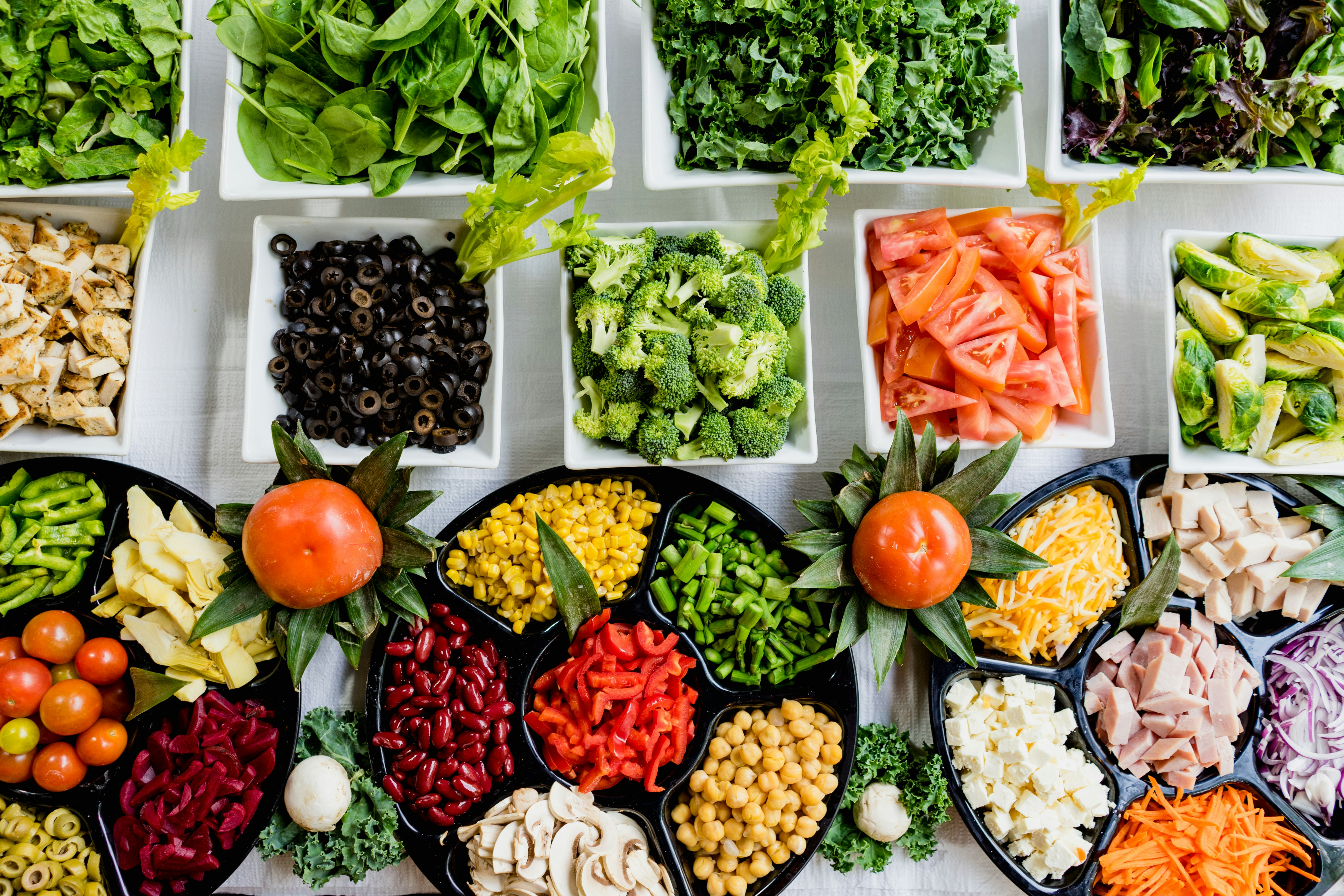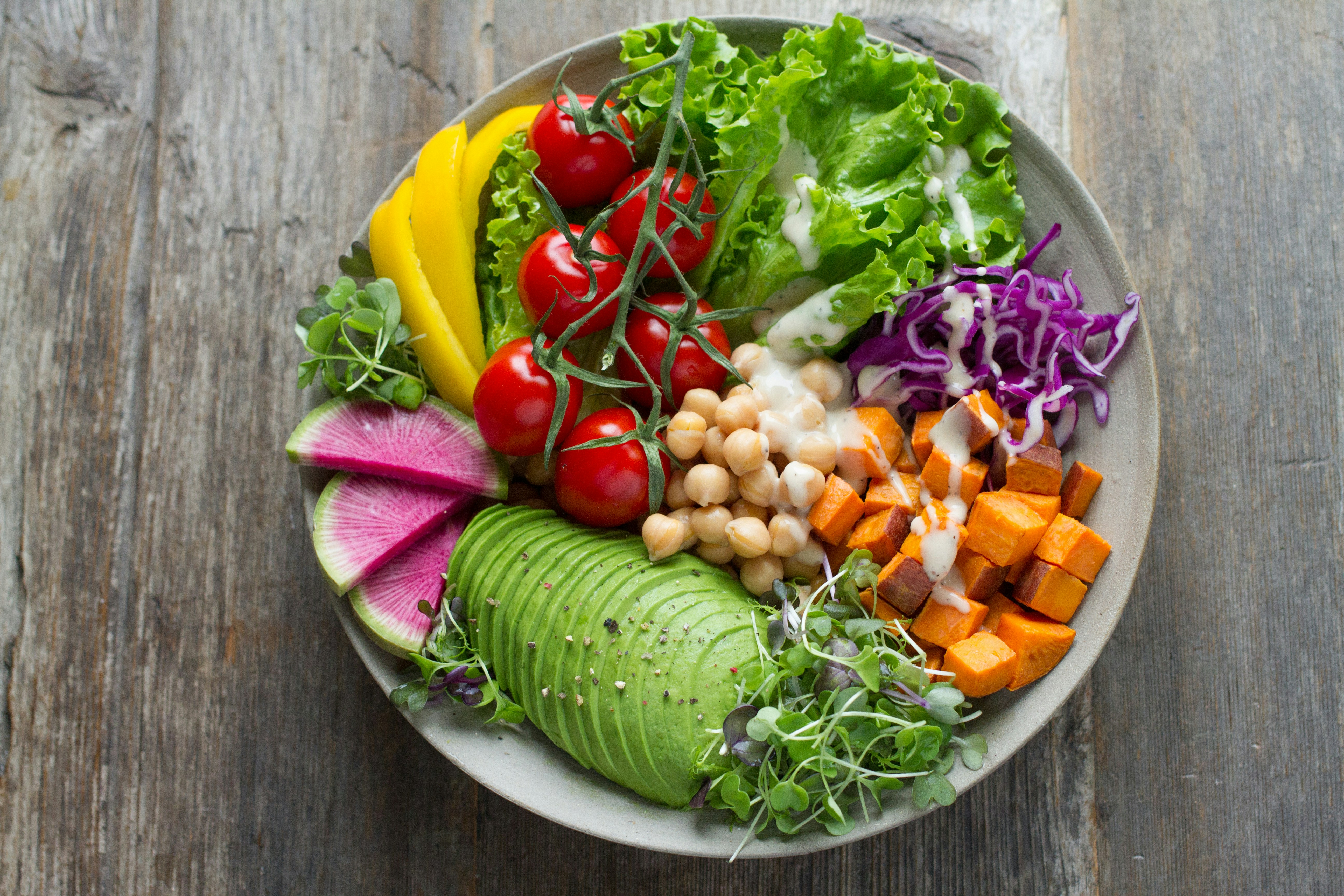“Let food be thy medicine and medicine be thy food.” – Hippocrates
Why Your Diet Strategy Matters More Than Ever
With 74% of American adults classified as overweight or obese (CDC 2023) and $176 billion spent annually on weight-loss products, the diet industry’s mixed results reveal a critical truth: sustainable health requires more than temporary fixes. This guide cuts through the noise to explore science-backed nutrition strategies that create lasting results.
You’ll discover:
- 5 proven dietary frameworks with success rates
- Essential nutrients most diets neglect
- Custom meal planning strategies
- Psychological tools for lasting change
The Science of Sustainable Weight Management
Metabolism Fundamentals
Think of your metabolism as a hybrid engine – it burns calories even at rest through:
| Component | % Daily Energy Use |
|---|---|
| Basal Metabolic Rate | 60-70% |
| Physical Activity | 15-30% |
| Food Processing | 10% |
Hormonal Balance
Leptin and ghrelin – the “satiety” and “hunger” hormones – significantly impact weight regulation. A 2023 NIH study found that sleep-deprived participants produced 15% more ghrelin, leading to increased calorie consumption.
5 Research-Backed Dietary Frameworks
1. Mediterranean Approach
Ranked #1 for six consecutive years by U.S. News & World Report, this plant-forward plan emphasizes:
- Olive oil as primary fat source
- Weekly fish consumption
- Moderate red wine intake
A 2024 NEJM study showed 30% reduced cardiovascular risk in adherents.
2. Time-Restricted Eating
This intermittent fasting variant limits eating to 8-10 hour windows. Research in Cell Metabolism found participants:
- Lost 3% body weight in 12 weeks
- Improved blood pressure
- Maintained muscle mass
Essential Nutrients Often Overlooked
Fiber: The Unsung Hero
Most Americans get only 15g daily vs. recommended 25-38g. Soluble fiber forms a gel-like substance in digestion, slowing sugar absorption. Excellent sources include:
- Chia seeds (10g/tbsp)
- Lentils (15g/cup)
- Avocados (10g/half)
Omega-3 Fatty Acids
These anti-inflammatory fats support brain health and fat metabolism. The American Heart Association recommends 2+ fish servings weekly or 500mg EPA/DHA supplements.
Creating Your Custom Nutrition Plan
Step 1: Calculate Needs
Use the Mifflin-St Jeor equation:
Men: (10 × weight/kg) + (6.25 × height/cm) – (5 × age) + 5
Women: (10 × weight/kg) + (6.25 × height/cm) – (5 × age) – 161Step 2: Macro Distribution
Sample 2,000-calorie plan:
- Protein: 30% (150g)
- Carbs: 40% (200g)
- Fats: 30% (67g)
Sustaining Your Progress
Mindful Eating Techniques
Practice the “20-Minute Rule” – it takes 20 minutes for satiety signals to reach the brain. Additional strategies:
- Use smaller plates (9″ diameter)
- Chew 20-30 times per bite
- Pause mid-meal for satiety check
Building Food Resilience
Create a “Emergency Snack Kit” containing:
- Mixed nuts (1oz packs)
- Protein bars (look for <5g sugar)
- Dehydrated veggie chips
Your Journey Forward
True nutritional transformation occurs at the intersection of science and self-awareness. As you implement these strategies:
- Track non-scale victories (energy, sleep quality)
- Schedule quarterly dietary audits
- Join support communities like Cooking Light’s meal plan hub
“The best diet is the one you can maintain while living fully.” – Dr. Sarah Mitchell, Nutrition Researcher
CTA: Download our free 7-Day Meal Prep Guide and join 50,000+ subscribers who’ve lost 5+ pounds in their first month!
What dietary change will you implement first? Share your commitment below!
“Let food be thy medicine and medicine be thy food.” – Hippocrates
Why Your Diet Strategy Matters More Than Ever
With 74% of American adults classified as overweight or obese (CDC 2023) and $176 billion spent annually on weight-loss products, the diet industry’s mixed results reveal a critical truth: sustainable health requires more than temporary fixes. This guide cuts through the noise to explore science-backed nutrition strategies that create lasting results.
You’ll discover:
- 5 proven dietary frameworks with success rates
- Essential nutrients most diets neglect
- Custom meal planning strategies
- Psychological tools for lasting change
The Science of Sustainable Weight Management
Metabolism Fundamentals
Think of your metabolism as a hybrid engine – it burns calories even at rest through:
| Component | % Daily Energy Use |
|---|---|
| Basal Metabolic Rate | 60-70% |
| Physical Activity | 15-30% |
| Food Processing | 10% |
Hormonal Harmony
Your weight regulation system operates through a complex hormonal orchestra:
- Leptin (satiety hormone): Decreases appetite when fat stores are sufficient
- Ghrelin (hunger hormone): Stimulates appetite before meals
- Insulin: Regulates blood sugar and fat storage
A 2025 NIH study found that just 4 nights of 5-hour sleep reduced leptin by 18% and increased ghrelin by 28%, explaining late-night cravings.
The Energy Balance Reality
While calories matter, their source matters more. A groundbreaking 2024 Nature Metabolism study revealed:
- Participants eating 2,000 calories of ultra-processed foods gained 2 lbs/week
- Those eating whole foods with identical calories lost 1.5 lbs/week
“Food quality determines whether calories become energy or inflammation,” explains Dr. Marion Nestle, NYU nutrition professor.
5 Research-Backed Dietary Frameworks Compared
1. Mediterranean Diet
Success Rate: 68% long-term adherence (American Journal of Clinical Nutrition 2025)
Key Features:
- Prioritizes olive oil, fish, and vegetables
- Allows moderate red wine
- Associated with 30% lower cardiovascular risk
Case Study: John, 42, reduced LDL cholesterol by 29% in 6 months through daily olive oil use and weekly fish meals.
2. Intermittent Fasting (16:8 Method)
Success Rate: 53% adherence at 18-month follow-up (JAMA 2024)
Key Features:
- 16-hour fasting window
- 8-hour eating period
- Shown to improve insulin sensitivity by 24%
Pro Tip: Start with 12-hour fasts and gradually increase. Stay hydrated with herbal teas during fasting periods.
3. Plant-Based Nutrition
Success Rate: 61% sustained adoption (Nutrition Reviews 2025)
Key Features:
- Focuses on whole plant foods
- Allows optional modest animal products
- Associated with 22% lower diabetes risk
“The fiber in plants feeds gut microbes that regulate weight,” notes Dr. Will Bulsiewicz, gastroenterologist and author of Fiber Fueled.
The Overlooked Nutrients in Modern Diets
Recent USDA data shows 93% of Americans fail to meet basic micronutrient needs. Here’s what’s missing:
1. Magnesium
Deficiency Rate: 54% (NIH 2025)
Best Sources:
- Pumpkin seeds (156mg per ounce)
- Spinach (157mg per cooked cup)
- Dark chocolate (64mg per square)
2. Omega-3s
Deficiency Rate: 68% (Global Nutrition Report 2025)
Smart Solutions:
- Eat fatty fish twice weekly
- Add flaxseed to morning oatmeal
- Consider algae-based supplements if vegan
3. Vitamin D
Deficiency Rate: 42% year-round (Mayo Clinic 2025)
Optimization Strategy:
- 15 minutes daily sun exposure
- Fortified mushrooms or plant milks
- Blood test-guided supplementation
Building Your Personalized Nutrition Blueprint
Step 1: Assess Your Biological Needs
Use these free tools:
- Cronometer (nutrient tracking)
- WHO BMI calculator
- 23andMe nutrition reports (for genetic insights)
Step 2: Design Your Plate
The ideal meal composition according to Harvard’s Healthy Eating Plate:
| Food Group | Portion |
|---|---|
| Vegetables | 50% |
| Proteins | 25% |
| Whole Grains | 25% |
Step 3: Implement Smart Cooking
Batch-prep these freezer-friendly staples:
- Quinoa (cooks in 15 minutes, lasts 5 days)
- Roasted vegetable medley
- Marinated grilled chicken or tempeh
Mastering the Psychology of Lasting Change
The Habit Loop Formula
Stanford behavior expert BJ Fogg’s model for sustainable change:
- Cue: Set visual triggers (e.g., fruit bowl on counter)
- Routine: Start with micro-habits (e.g., 1 extra vegetable daily)
- Reward: Celebrate non-scale victories (e.g., better sleep)
Emotional Eating Audit
A 2025 University of Michigan study found participants who tracked their eating triggers reduced emotional eating by 47% in 8 weeks. Use this framework:
- Hungry? Rate physical hunger 1-10
- Anxious? Practice box breathing (4-4-4-4 count)
- Lonely? Call a friend before reaching for snacks
The 80/20 Rule for Real Life
Nutritionist Abbey Sharp recommends:
- 80% nutrient-dense whole foods
- 20% flexibility for social meals and cravings
- Zero guilt – enjoyment is part of sustainability
Your Next Steps Toward Sustainable Health
Implement one change from each category this week:
- Nutrition: Add 1 serving of leafy greens daily
- Movement: Take a 10-minute post-meal walk
- Mindset: Practice mindful eating for 1 meal/day
Remember: Progress over perfection. Small, consistent changes create life-long results. Which strategy will you try first?







